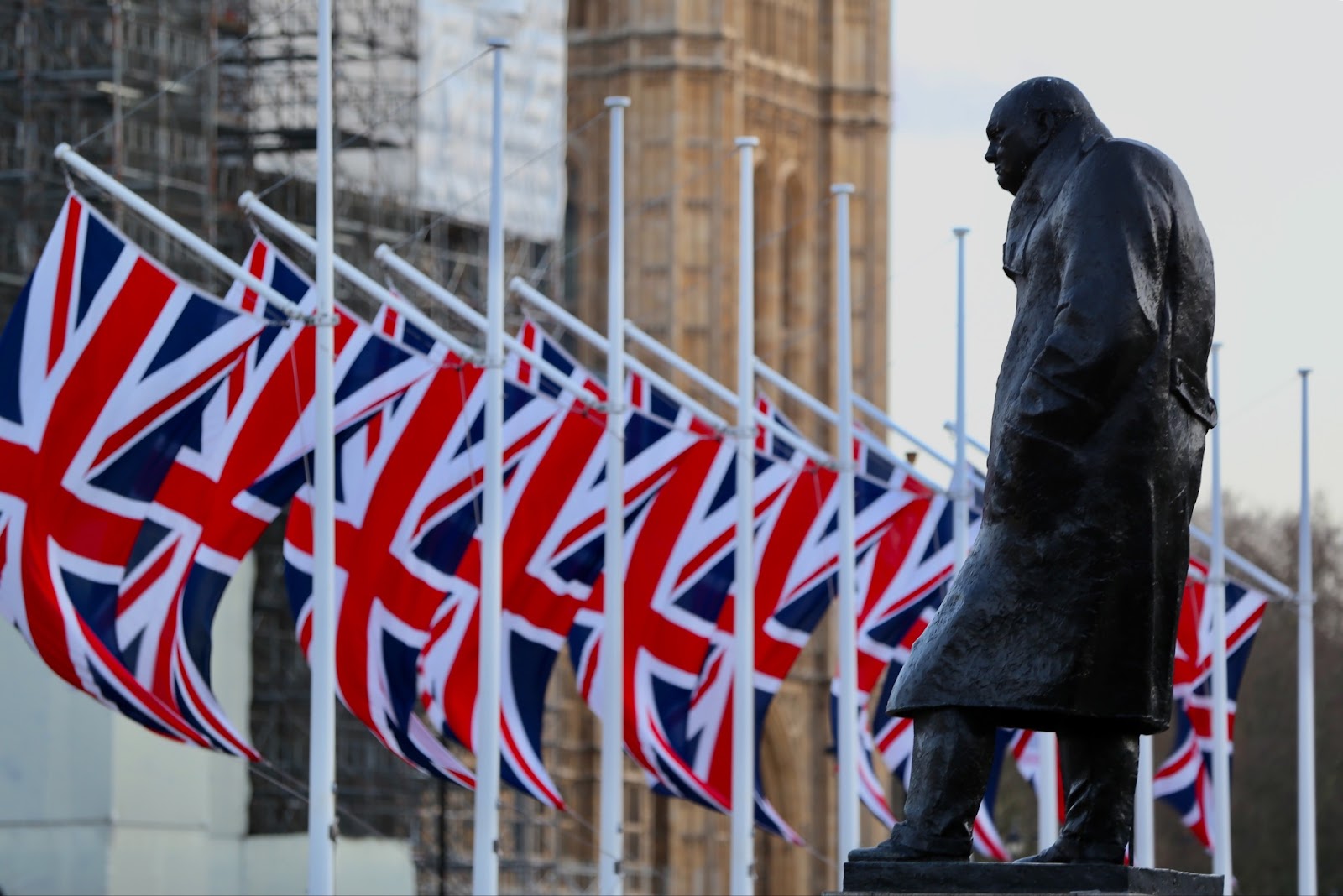
A draft law set to be introduced in the UK Parliament is causing significant controversy and raising concerns about human rights laws. The legislation, aimed at facilitating the government’s flagship Rwanda policy, asserts that Rwanda is a safe country for asylum seekers to be diverted to from the UK. The policy has faced legal challenges, culminating in a ruling by the Supreme Court last month, deeming plans to send asylum seekers to Rwanda as unlawful. The bill has ignited a fierce debate within political circles, with concerns raised about potential violations of human rights and the broader implications for the rule of law.
The Rwanda asylum policy, initially announced by former Prime Minister Boris Johnson in April 2022, seeks to dissuade individuals from attempting to cross the English Channel in small boats. Now led by Rishi Sunak, the government argues that such measures are essential to break the cycle of legal challenges preventing the removal of asylum seekers to Rwanda. However, despite the government’s assertion that the bill will end the cycle of legal challenges, critics argue that the legislation is “fatally flawed”. Concerns are raised that the bill may face prolonged legal battles and challenges, potentially rendering it unworkable. Lawyers advising on the legislation have warned that it may not be compatible with minimum human rights safeguards, presenting a rare legal challenge for a proposed bill. The bill orders courts to disregard specific sections of the Human Rights Act, aiming to bypass legal obstacles that have impeded the implementation of the Rwanda asylum policy.
Additionally, Former Home Secretary Suella Braverman and her supporters had pushed for legislation that would override the entire Human Rights Act, the European Convention on Human Rights (ECHR), the Refugee Convention, and all international law. The compromise reached in the draft bill has not appeased all factions within the party, leading to accusations of a “betrayal” by those advocating for more extensive legal reforms. Conversely, Rwanda’s Foreign Affairs Minister, Vincent Biruta, emphasized the importance of lawful behaviour by the UK for the scheme to proceed. He stated that both Rwanda and the UK must ”meets the highest standards of international law”. The new treaty signed by Home Secretary James Cleverly with Rwanda aims to complement the legislation, providing a legal framework for the controversial asylum policy.
Critics argue that the discretionary powers granted to ministers under the bill could compromise human rights protections. The legislation instructs courts to ignore not only the Human Rights Act but also other British laws and international rules, including the international Refugee Convention, if they hinder deportations to Rwanda. The bill, however, falls short of the more sweeping changes some Conservative MPs had advocated for, revealing internal divisions within the party.
As the UK grapples with the introduction of the Rwanda asylum bill, the contentious debate surrounding human rights, legal challenges, and the balance between national security and international obligations intensifies. The outcome of parliamentary deliberations and potential legal challenges will undoubtedly shape the future of the government’s flagship policy and have broader implications for the UK’s approach to asylum seekers and international human rights standards.
Image: Statue of man holding flag of us a near us a flag during daytime, Kristina Gadeikyte, 2020//Unsplash License



Average Rating